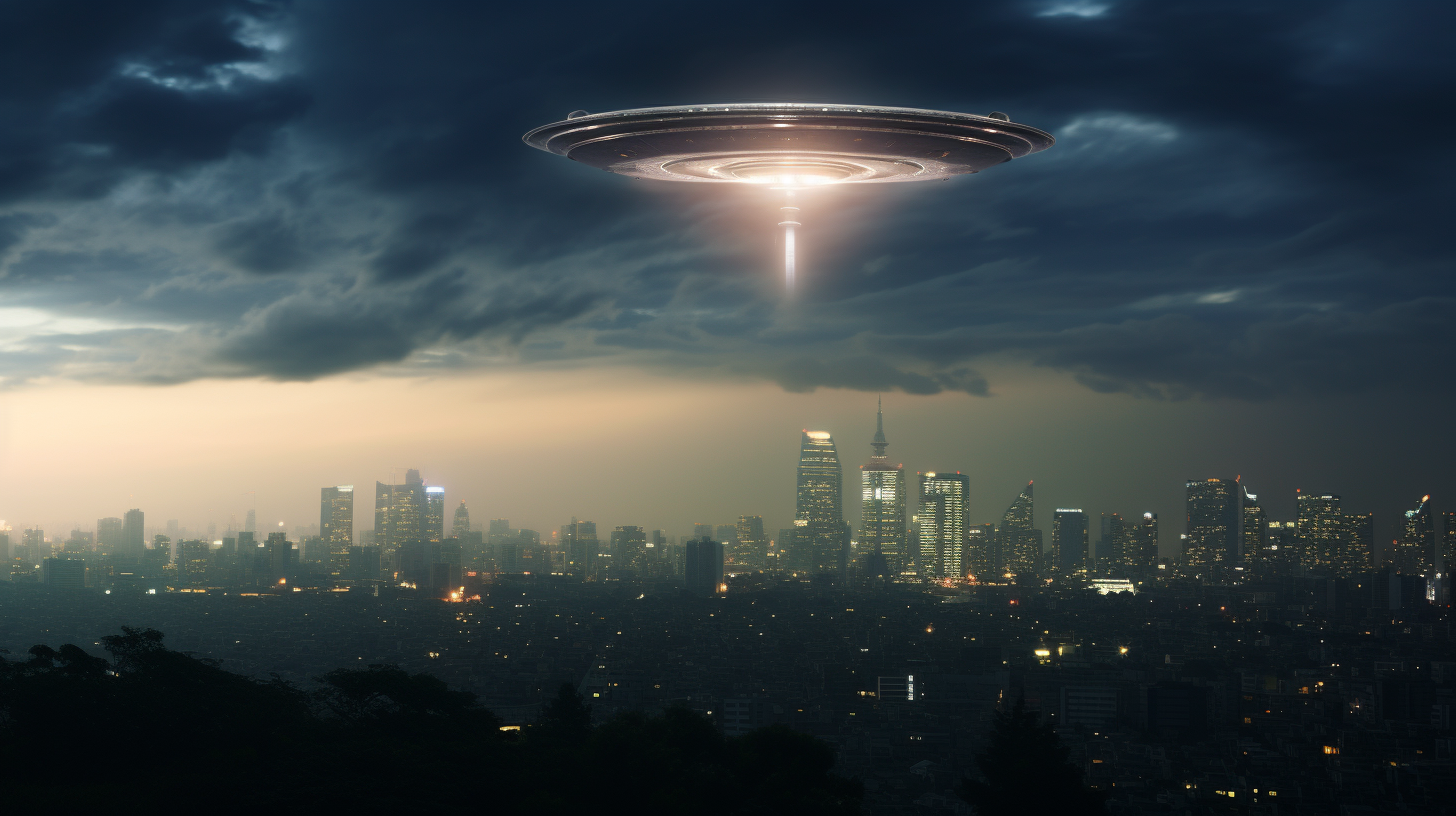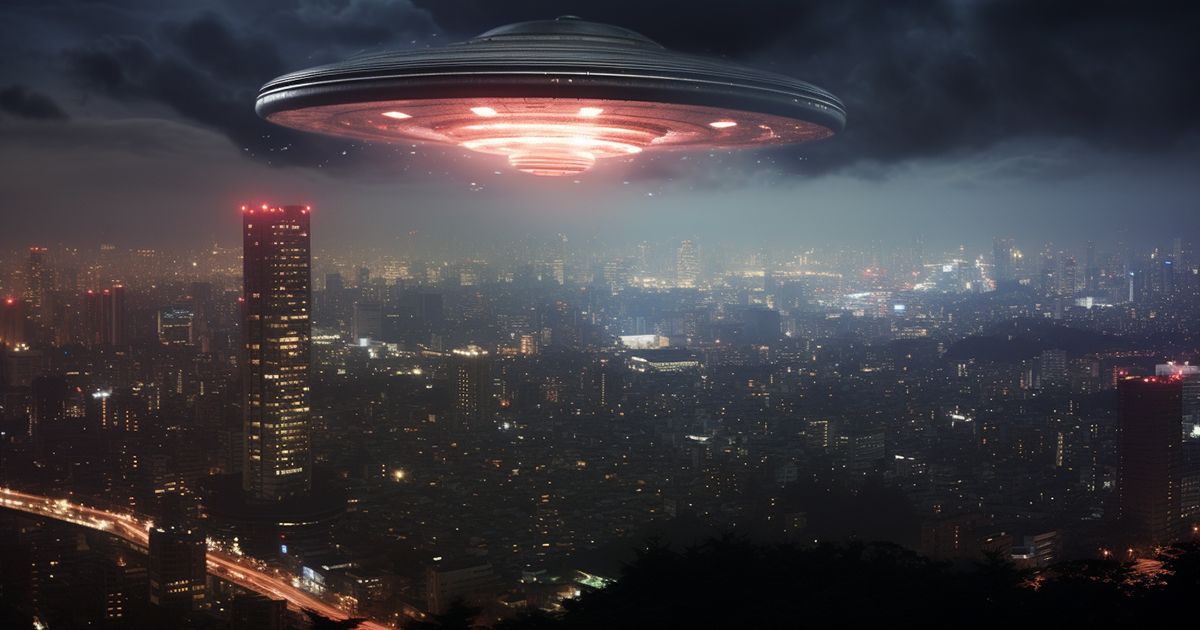Throughout time, the enigma encompassing UFOs (Unidentified Flying Objects) has been veiled in secrecy and doubt. Different nations have approached these perplexing events in diverse ways, with Japan historically displaying disinterest and denial towards UFO sightings. Recent advancements, however, reveal a surprising shift in Japan’s viewpoint, igniting curiosity and raising questions about what could be unfolding in the skies above this traditionally reserved nation.

Voyaging into Unexplored Realms in South America:
While the United States commenced the official investigation of UAPs (Unidentified Aerial Phenomena) in 2017, specific South American countries have been pioneers in UFO exploration for an extended period. For instance, Chile established the Committee for the Study of Anomalous Aerial Phenomena back in 1997, demonstrating a proactive approach to delving into UAPs. Notably, the Chilean military’s probe into a UFO incident in 2014, which captured nine minutes of bewildering footage, highlighted the nation’s commitment to unraveling these enigmas.
The openness of South American countries towards UFOs often stems from their cultural heritage, intertwining with ancient astronaut theories deeply ingrained in their traditions. Tales of radiant beings descending from the heavens in pre-Inca and Inca civilizations have contributed to a broader acceptance of UFO occurrences in their cultural narratives.
Japan’s Long-standing Disregard:
In stark contrast, Japan has habitually dismissed and overlooked reports of UFO sightings. As recently as 2018, the Japanese government officially refuted the existence of UFOs, showcasing a lack of curiosity and unwillingness to delve into the subject matter. This persistent denial persisted despite reports from military aviators and civilians emerging.
For instance, former wing commander Mamoru Santo revealed that pilots and civilians often shared anecdotes of UAP sightings, including encounters with cylindrical objects. Yet, these testimonies were withheld from the public, highlighting Japan’s longstanding policy of secrecy regarding UFO encounters.
A Change in Strategy:
In a surprising turn of events, Japan’s stance on UFOs underwent a significant change in September 2020. Defense Minister Taro Kono directed the Japanese self-defense forces to document visual evidence of any interactions with unexplained aerial vessels. This substantial policy alteration followed a discussion between Minister Kono and US Defense Secretary Mark Esper, where UFOs took center stage.
The decision to openly address UFOs and collaborate on the matter signaled a critical milestone, symbolizing a new era of transparency and cooperation between allies such as the United States and Japan. This shift was further emphasized by the formation of the Japanese Space Operation Squadron, indicating an intensified focus on monitoring and investigating aerial incidents in Japanese airspace.
Closing Reflections:
The evolution of Japan’s perspective on UFOs mirrors the global trend in how governments address this phenomenon. While doubt prevailed in the past, nations are increasingly recognizing the existence of unexplained aerial phenomena and actively studying them. As we delve further into the mysteries of the skies, the question lingers: what insights might these discoveries eventually unveil about our world and the expansive cosmos beyond?
